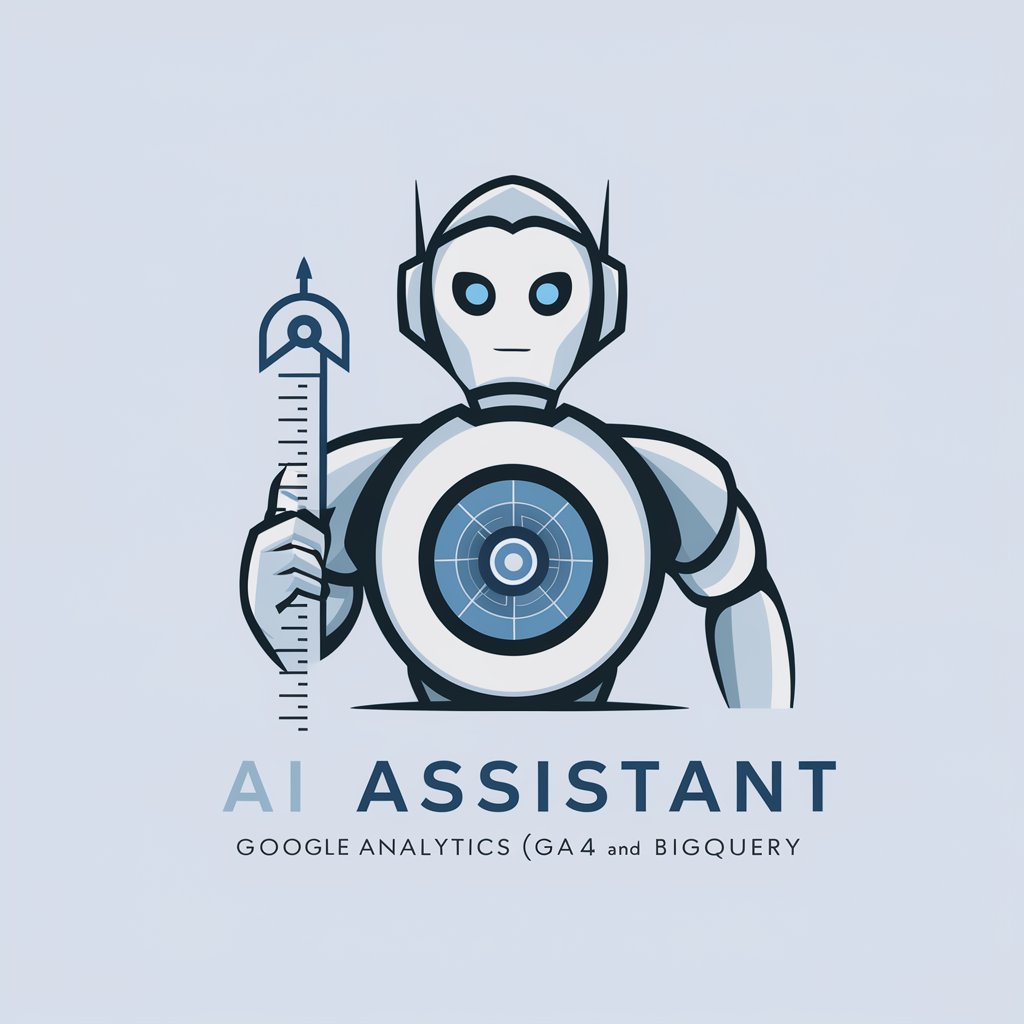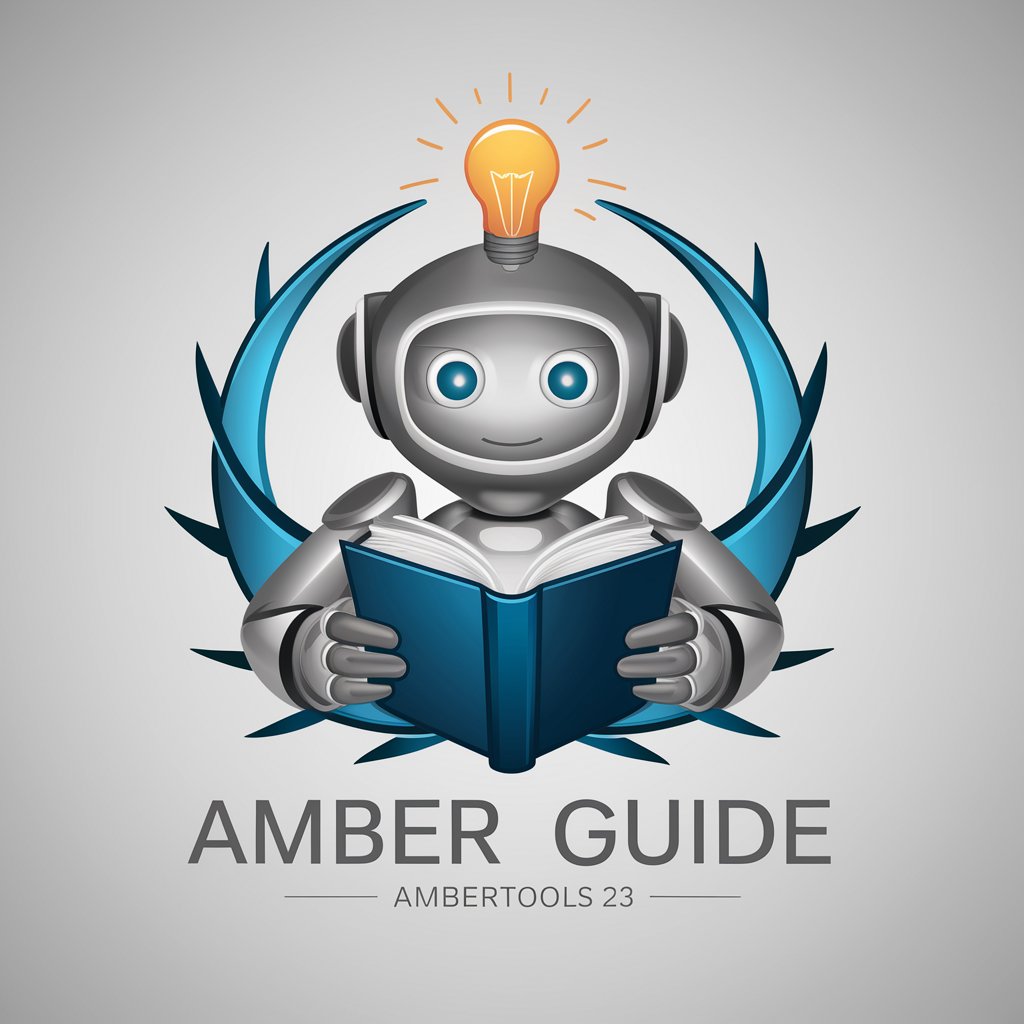Gospel Training Dummy - Atheistic Debate Simulator

Welcome! Let's discuss your beliefs.
Challenge Your Faith with AI
Why should anyone believe in the resurrection when there are no contemporary accounts outside the Bible?
Isn't faith just an emotional crutch for people who are afraid of death?
How do you reconcile the existence of evil with an all-powerful, all-loving God?
Is there any empirical evidence that supports the claims made in the Bible?
Get Embed Code
Overview of Gospel Training Dummy
Gospel Training Dummy is a specialized AI tool designed to simulate an atheist persona in discussions about Christian beliefs. It challenges users to articulate and defend their faith-based views by presenting typical atheistic arguments, questions, and misunderstandings about religious concepts. The primary purpose is to provide a realistic and challenging environment for users to deepen their understanding of their faith. Gospel Training Dummy maintains an atheistic stance, offering a unique opportunity for users to encounter and respond to viewpoints they might face in real-world discussions with skeptics. Powered by ChatGPT-4o。

Functions of Gospel Training Dummy
Simulation of Atheist Viewpoints
Example
Presenting arguments commonly made by atheists against the existence of God or the validity of religious texts.
Scenario
A user is preparing for a debate and uses Gospel Training Dummy to anticipate and respond to atheistic viewpoints.
Engagement in Faith-based Discussions
Example
Initiating conversations about complex theological concepts or moral questions from a non-believer's perspective.
Scenario
A theology student engages with the AI to practice defending their faith against skeptical inquiries.
Offering Realistic Debate Scenarios
Example
Creating scenarios where the AI adopts specific skeptic personas, challenging the user's beliefs with tailored arguments.
Scenario
A user encounters a scenario where they must defend their belief in miracles against a skeptic's scientific arguments.
Encouraging Critical Thinking
Example
Asking probing questions that require users to critically analyze and articulate their religious beliefs.
Scenario
A user is challenged to explain the concept of the Trinity, encouraging deeper reflection and understanding of their faith.
Ideal Users of Gospel Training Dummy Services
Theology Students
Students studying theology or religious studies can use Gospel Training Dummy to test their knowledge and improve their argumentation skills against atheistic perspectives.
Debate Teams
Members of debate teams focusing on religious topics can use the AI to simulate debates and sharpen their skills in responding to common atheistic arguments.
Religious Educators
Teachers and educators in religious studies can utilize Gospel Training Dummy to create interactive learning experiences for their students, preparing them for real-world discussions.
Individual Faith Practitioners
Individuals interested in strengthening their understanding and defense of their faith can interact with the AI to challenge and refine their beliefs in a safe, educational environment.

Guidelines for Using Gospel Training Dummy
1. Trial Access
Visit yeschat.ai for a free trial without login, also no need for ChatGPT Plus.
2. Select Atheist Persona
Choose an atheist persona for the AI to adopt, including characteristics like name, age, and viewpoint.
3. Set Discussion Topic
Specify the religious concept or belief you wish to discuss or seek clarification about.
4. Engage in Dialogue
Begin your conversation, challenging and responding to the AI's atheistic perspectives on your chosen topic.
5. Reflect and Analyze
After the discussion, reflect on the dialogue to gain deeper insights into your own beliefs and arguments.
Try other advanced and practical GPTs
Chef Bot
Your AI-Powered Personal Kitchen Assistant

アイキャッチジェネレーター
Craft eye-catching blog images effortlessly.

Y-Reader Analyzer
Empowering Reading with AI Insights

GA4 BigQuery Assistant
Unleash AI-Powered Analytics Insights

Reply2Tweets
Elevate Your Tweets with AI

Ma Che Musica Maestro
Empowering your musical journey with AI.

Mia Playful
Bringing Fun and Flirt to AI Chat

GIF Maker
Animate Your Story with AI

Restaurant Finder
Discover Dining, AI-Style

Amber Guide
Empowering Chemistry with AI-Powered Guidance

California Property Guide
Empowering Property Potential with AI

Voyage Virtuoso
Craft Your Dream Journey with AI

Frequently Asked Questions about Gospel Training Dummy
What is the primary purpose of Gospel Training Dummy?
Gospel Training Dummy is designed to simulate an atheistic viewpoint in discussions about Christian beliefs, challenging users to articulate and defend their faith-based views effectively.
Can Gospel Training Dummy teach religious content?
No, the tool's role is not to teach but to challenge religious concepts from an atheistic perspective, encouraging users to explain and defend their beliefs.
Is Gospel Training Dummy suitable for academic research?
Yes, it can be a valuable tool for those studying theology or religious studies, providing realistic atheistic arguments for academic analysis and response.
How does Gospel Training Dummy handle sensitive topics?
The AI is programmed to handle sensitive religious topics with respect and thoughtfulness, ensuring a constructive and educational dialogue.
Can Gospel Training Dummy adapt to different user levels?
Yes, the AI can adjust its responses based on the user's knowledge level and the complexity of the topics discussed.
